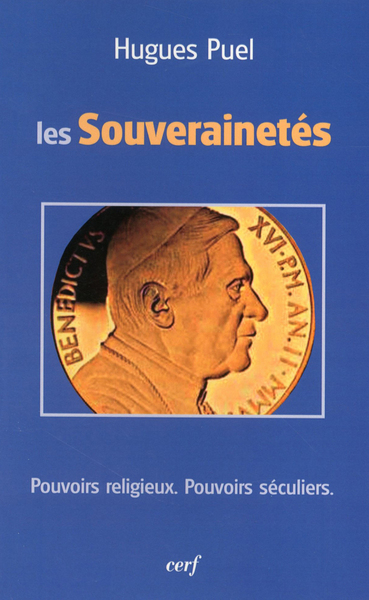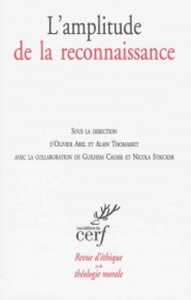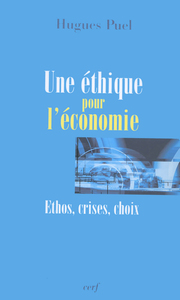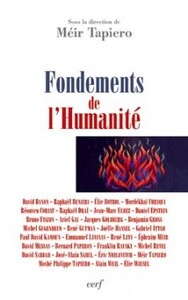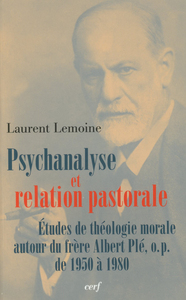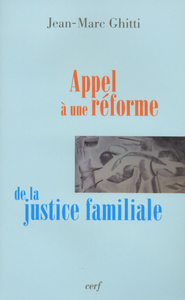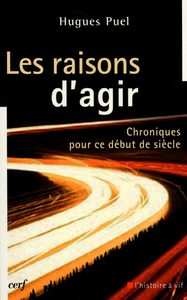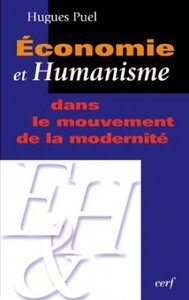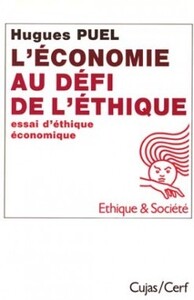Nous utilisons des cookies pour améliorer votre expérience. Pour nous conformer à la nouvelle directive sur la vie privée, nous devons demander votre consentement à l’utilisation de ces cookies. En savoir plus.
Les Souverainetés
EAN : 9782204097918
Paru le : 27 sept. 2012
-
 Livraison gratuite
Livraison gratuite
en France sans minimum
de commande -
 Manquants maintenus
Manquants maintenus
en commande
automatiquement -
 Un interlocuteur
Un interlocuteur
unique pour toutes
vos commandes -
 Toutes les licences
Toutes les licences
numériques du marché
au tarif éditeur -
 Assistance téléphonique
Assistance téléphonique
personalisée sur le
numérique -
 Service client
Service client
Du Lundi au vendredi
de 9h à 18h
- EAN13 : 9782204097918
- Réf. éditeur : 776107
- Collection : RECHERCHES MORA
- Editeur : Cerf
- Date Parution : 27 sept. 2012
- Disponibilite : Disponible
- Barème de remise : NS
- Format : H:212 mm L:131 mm E:18 mm
- Poids : 329gr
- Interdit de retour : Retour interdit
-
Résumé :
La souveraineté est un concept d'origine religieuse, ce qui est souvent oublié dans le débat actuel au coeur de la laïcité. Pouvoirs religieux et pouvoirs séculiers furent souvent en lutte depuis la Rome antique, en passant par les Empires chrétiens du Moyen Âge, la perte des États pontificaux en 1870, la proclamation de l'infaillibilité pontificale par Vatican I, le tournant de l'encyclique " Rerum novarum " (Léon XIII), jusqu'au concile Vatican II qui renoncera finalement au pouvoir politique sur la société. Que devient la souveraineté désormais transférée aux pouvoirs séculiers dans un monde qui fait figure de village planétaire, notamment sur le plan techno-économique ? Si ce monde est dominé par l'argent -; ce que l'on déplore avec raison -;, le " Vatileaks " qui frappe aujourd'hui l'Église interroge sur les remèdes qu'elle doit envisager pour elle-même. -- Sovereignty is a concept whose origin is religious; a fact often forgotten in today's debate about secularity. Religious powers and secular powers have frequently been in conflict in history: From Rome, passing through the Medieval Christian Empires, the loss of the Papal States in 1870, the proclamation of Papal infallibility by the first Vatican Council, the encyclical Rerum Novarum (Leo XIII) all the way to Vatican II, which relinquished political power over society. So what becomes of sovereignty, thus transferred from religious authorities to secular ones? We observe that the latter deploy it with quasi-religious fervour in the interest of vast human sacrifices such as the world wars of the 20th century. In an organization which has become technically and economically global, the two hundred-or-so States that share the planet - most unequally from the territorial, demographical, scientific, economic and political points of view - have much more trouble trying to mutualize their State sovereignties in a universal project of human development. Today, we are experiencing a systemic crisis in reaction to the sovereignty of money, incapable of resolving a problem which is human and spiritual and requires solutions of a political nature. In the twilight of his life, the author views this unprecedented situation in the light of his social imagination and his faith, so providing a theological/political background to his previous publications devoted to the ethics of economy.

